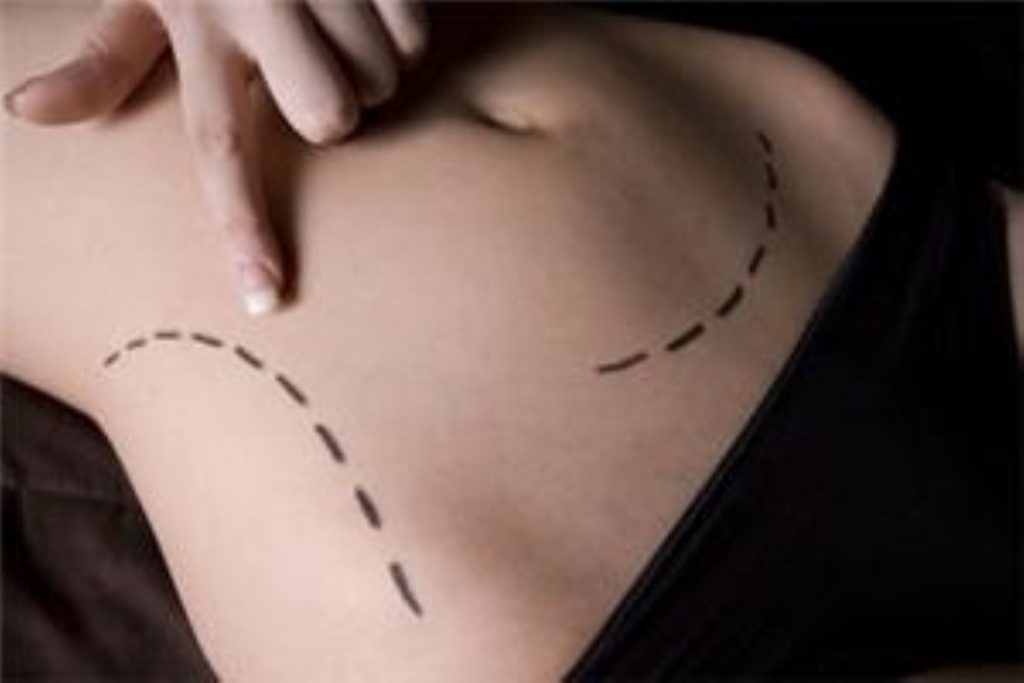The week in politics: U-turns when you want them
Reputations, as anyone who had an embarrassing accident in school will tell you, are a difficult thing to shake off.
By Ian Dunt
Reputations, as anyone who had an embarrassing accident in school will tell you, are a difficult thing to shake off. For governments in particular, it can be difficult to establish exactly which news stories will come to define them. Precisely which scandal was it in John Major’s government, for instance, which would see it remembered forever for sleaze? When Nick Clegg inexplicably decided to back a tripling of tuition fees, did he suspect that it would come to define his party and, quite possibly, his entire political career?
It’s one of the reasons why governments are so wary of changing their minds. U-turns are a pernicious and misleading tabloid short-form for what are often complex political calculations. But there is a critical mass at which enough ‘U-turn’ headlines leave an indelible mark on a government. David Cameron may feel that point is worryingly close, as he contemplates quite how much of his NHS reforms he is willing to foresake.


Monday began with health secretary Andrew Lansley informing the Commons that his health and social care bill was being put on hold. That’s not a U-turn, admittedly, but it is the handbrake. He didn’t look happy about it. In fact, he looked sullen and broken, but such is the persistent gloom of the political class that it can be difficult to establish the exact cause of these things. The government would listen and, where necessary, change, he promised.
With a canny bit of timing, the Commons health committee released a report arguing that the proposed GPs’ commissioning bodies should be opened up so that nurses, medicinal experts and at least one elected figure, such as a local councillor or elected mayor, could sit on it. As its chair, Stephen Dorrell, told the FT, their budget would be well over the funds available to a local council. That proposal – also backed by the Lib Dems at their spring conference – will probably be part of the final settlement.
By Wednesday, Clegg, Lansley and Cameron were hitting the hospitals, their ties tucked into their shirts, promoting the plans and putting on their best ‘listening’ face. But in a winning piece of timing which only governments and cheating husbands can achieve, a confidential Department of Health letter emerged at the exact same time. It rather cast doubt on quite how much they listen they were prepared to do, given that it marked out the creation of GP consortia and the ending of primary care trusts (PCTs) as red lines for the government.
Meanwhile, the phone-hacking row rumbled on, as it will, apparently, until the end of time. Two News of thr World journalists were arrested, in a sign the police investigation really was going to get tough. But Scotland Yard’s previous commitment to the investigation was still under the spotlight, after director of public prosecutions Keir Starmer flatly contradicted the evidence of acting deputy Met commissioner John Yates to the Commons home affairs committee.
The extraordinary witness session saw Starmer insist that the Met had not been forced to restrict its inquiries to instances where the voicemail had been hacked before the intended recipient accessed it, as had been claimed. Keith Vaz, committee chairman, said he’d be writing to Mr Yates to ask about the contradiction in the two men’s testimony. Keep an eye on this aspect of the controversy, it’s very high drama: coppers lying to parliament, prosecutors at war with the police and everyone furiously trying to cover their backside.
Meanwhile, Clegg was still having a torrid time while trying to launch his social mobility drive. His focus on unpaid internships went spectacularly but predictably wrong when it was pointed out that he had benefitted from a little family influence in his own internship when coming out of university. Cue several accusations of “hypocrisy”, with that frenzied tone that is reserved exclusively for the deputy prime minister. By the end of the week he was telling Jemima Khan that he cries when listening to music.

